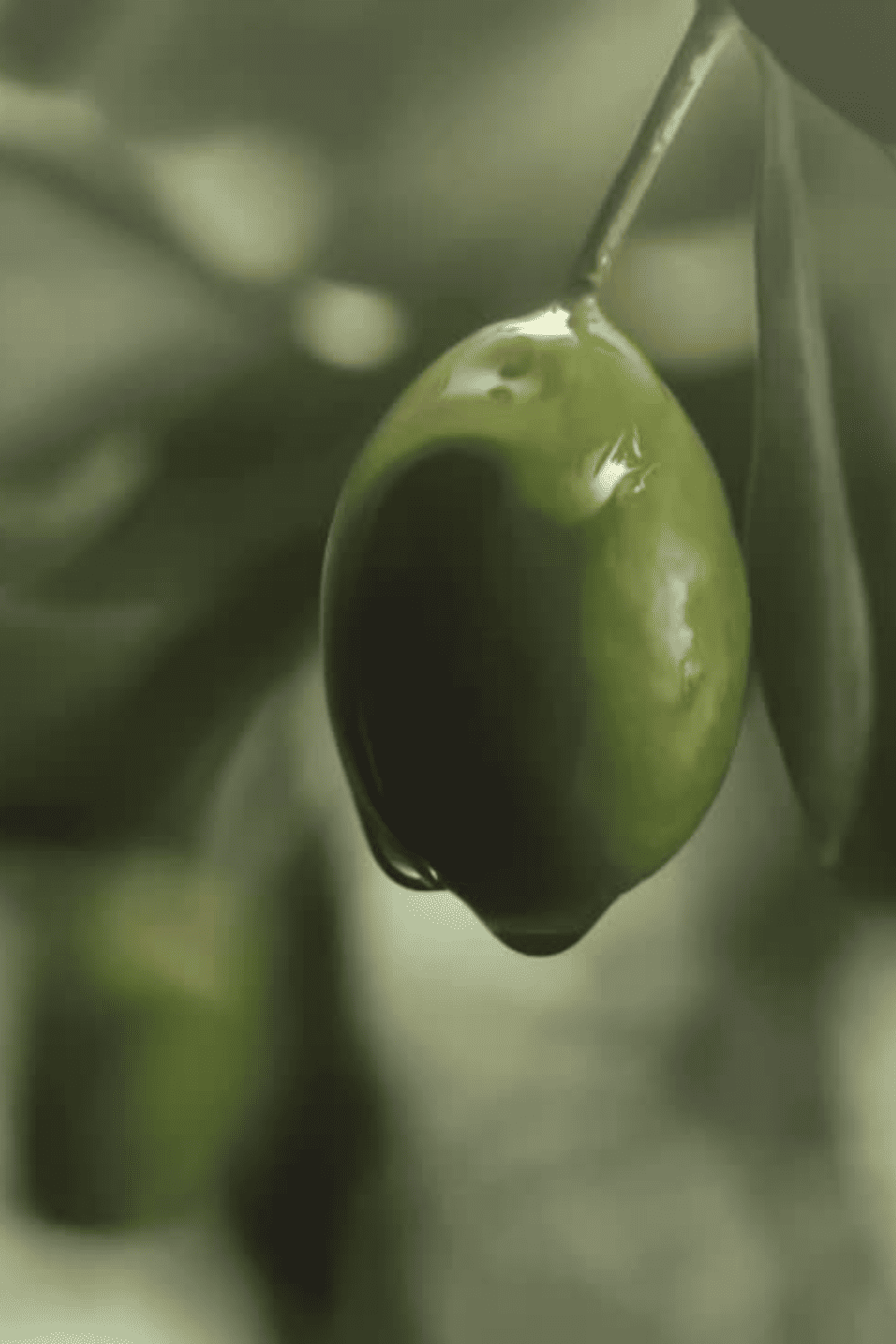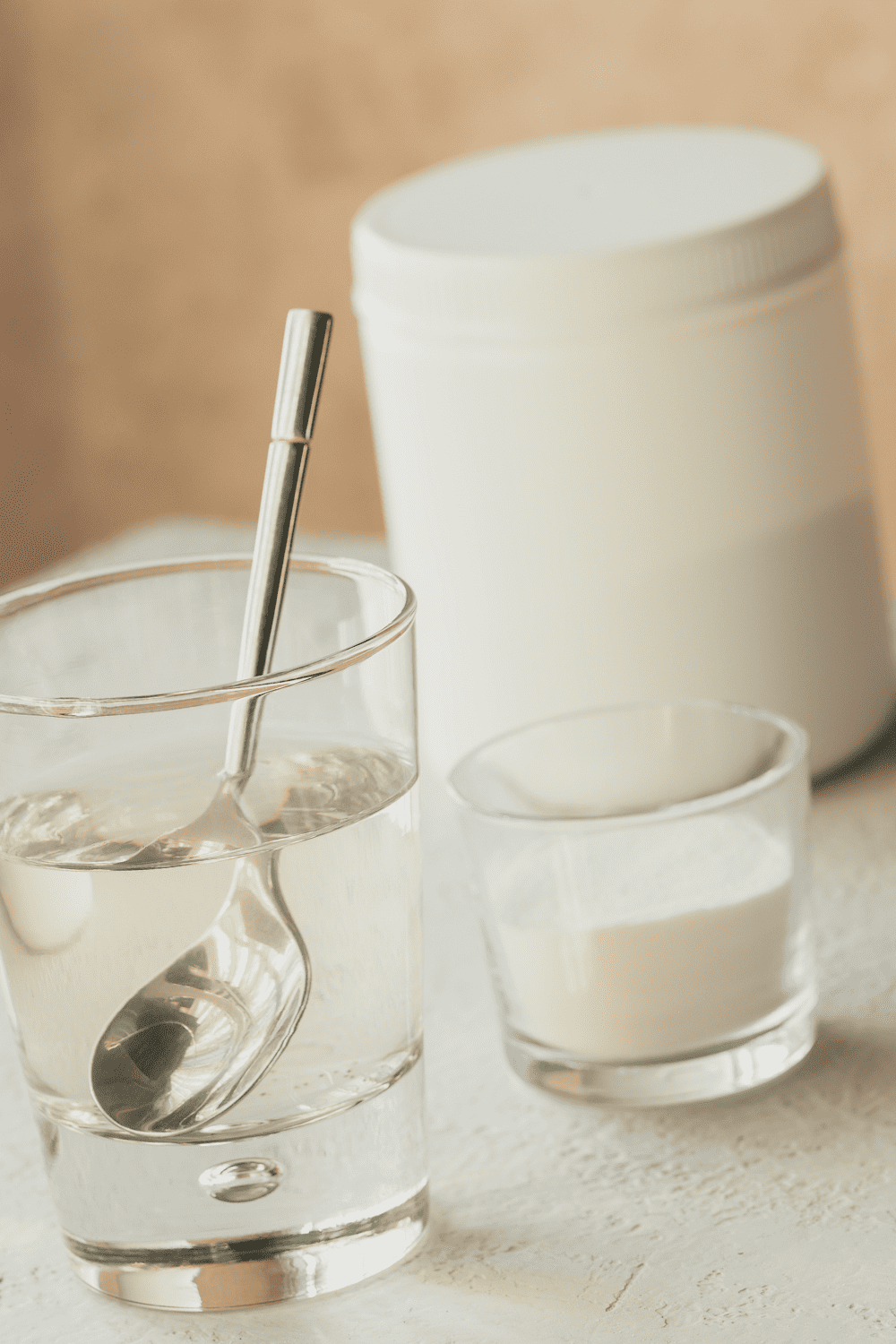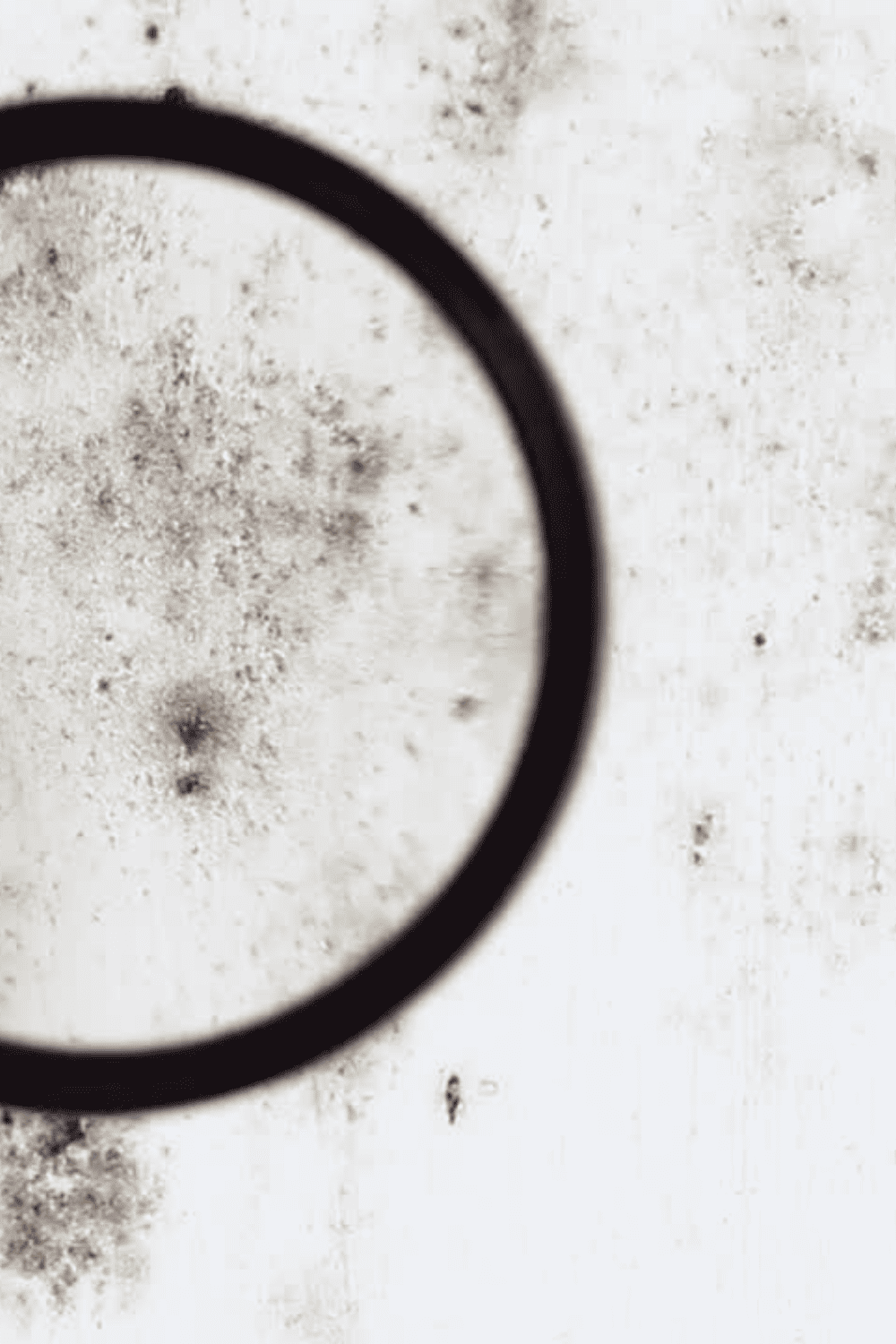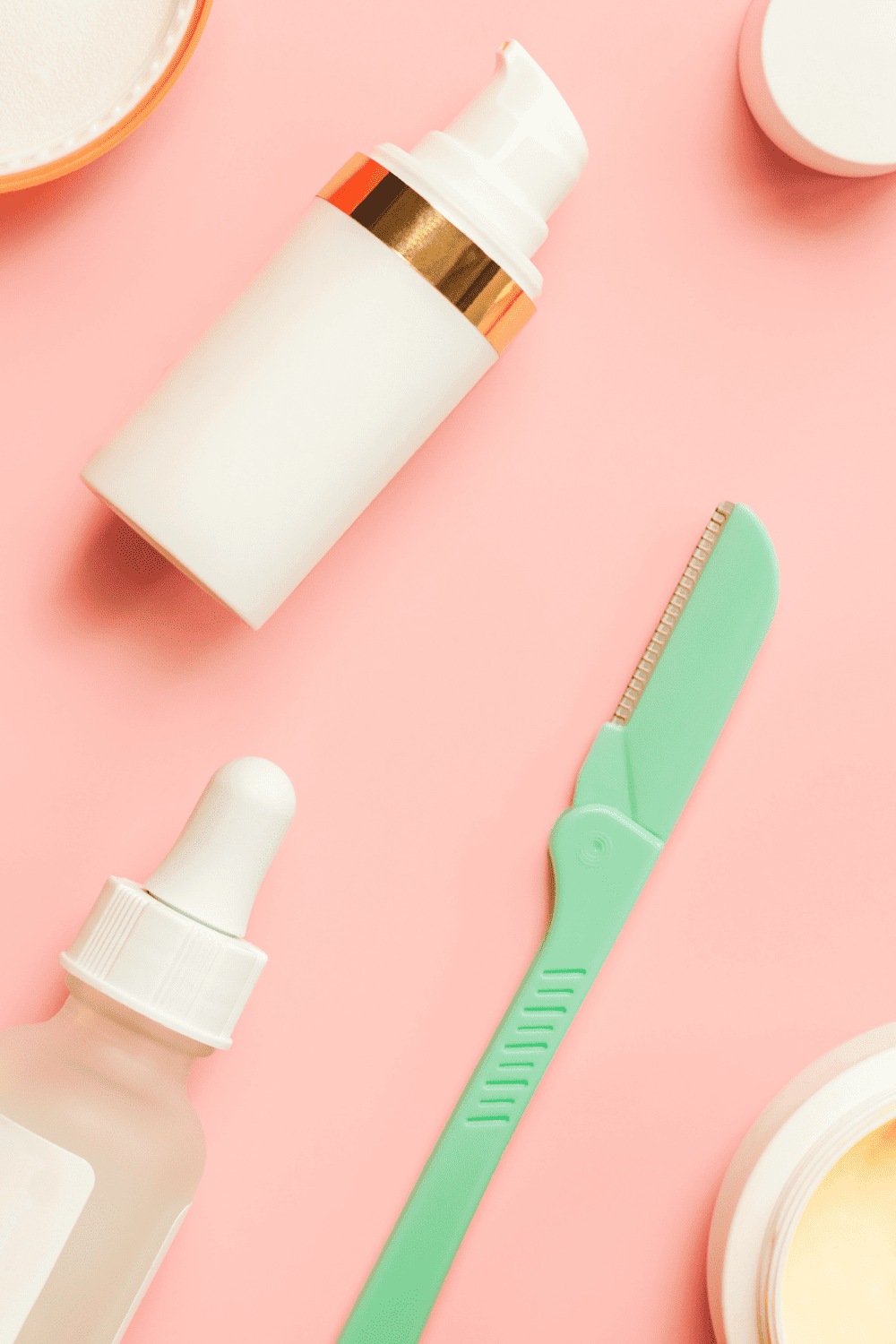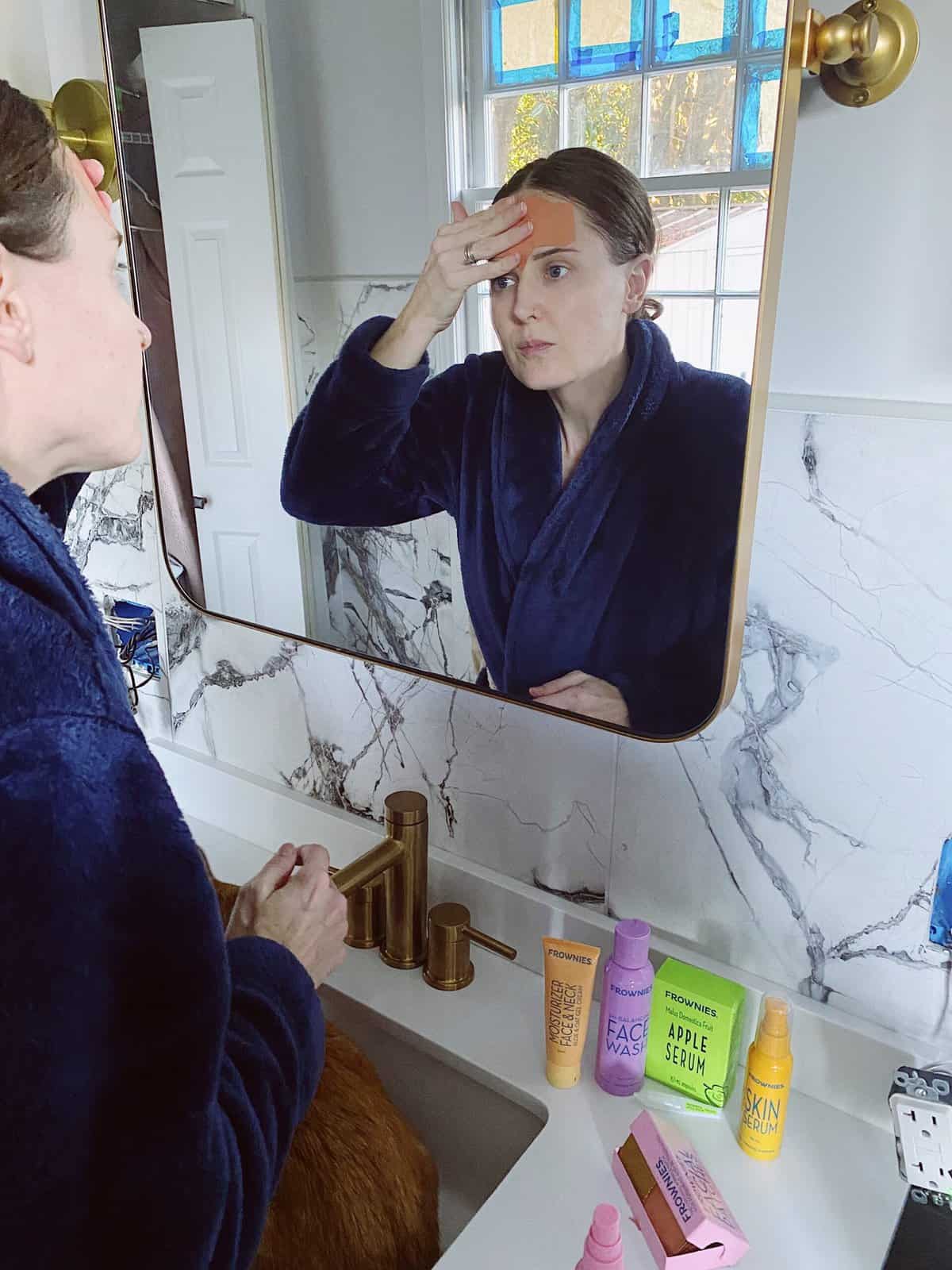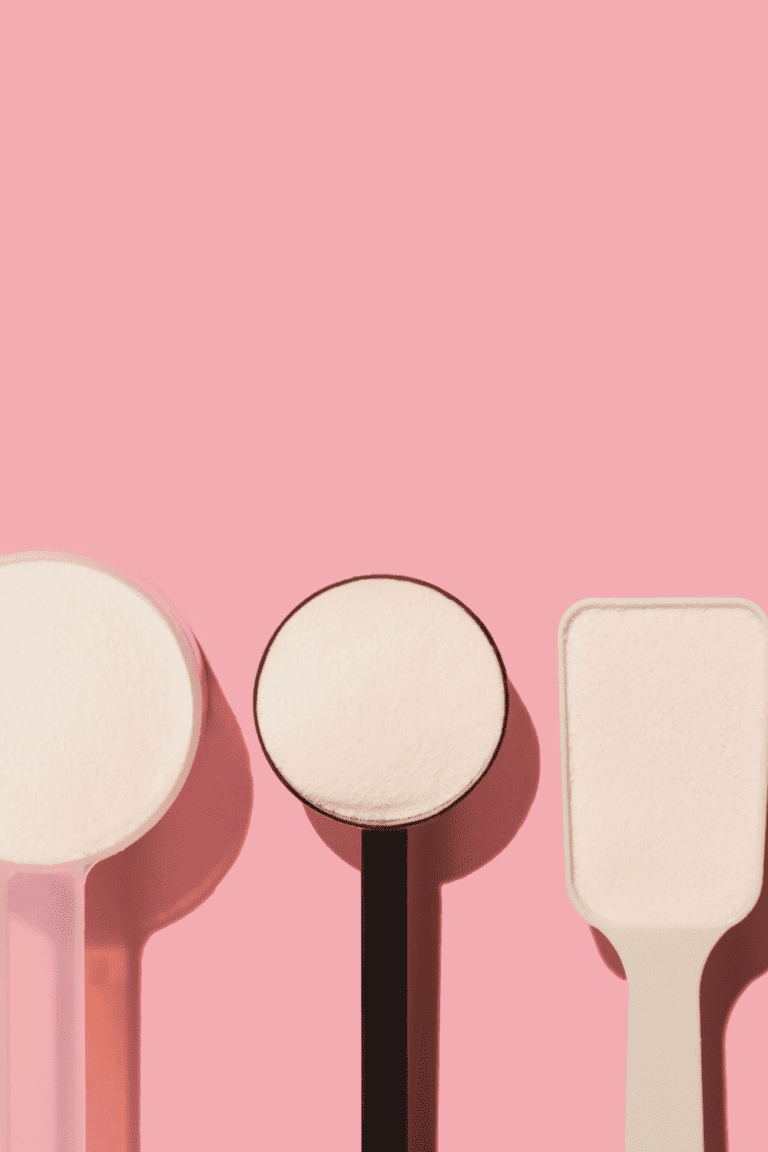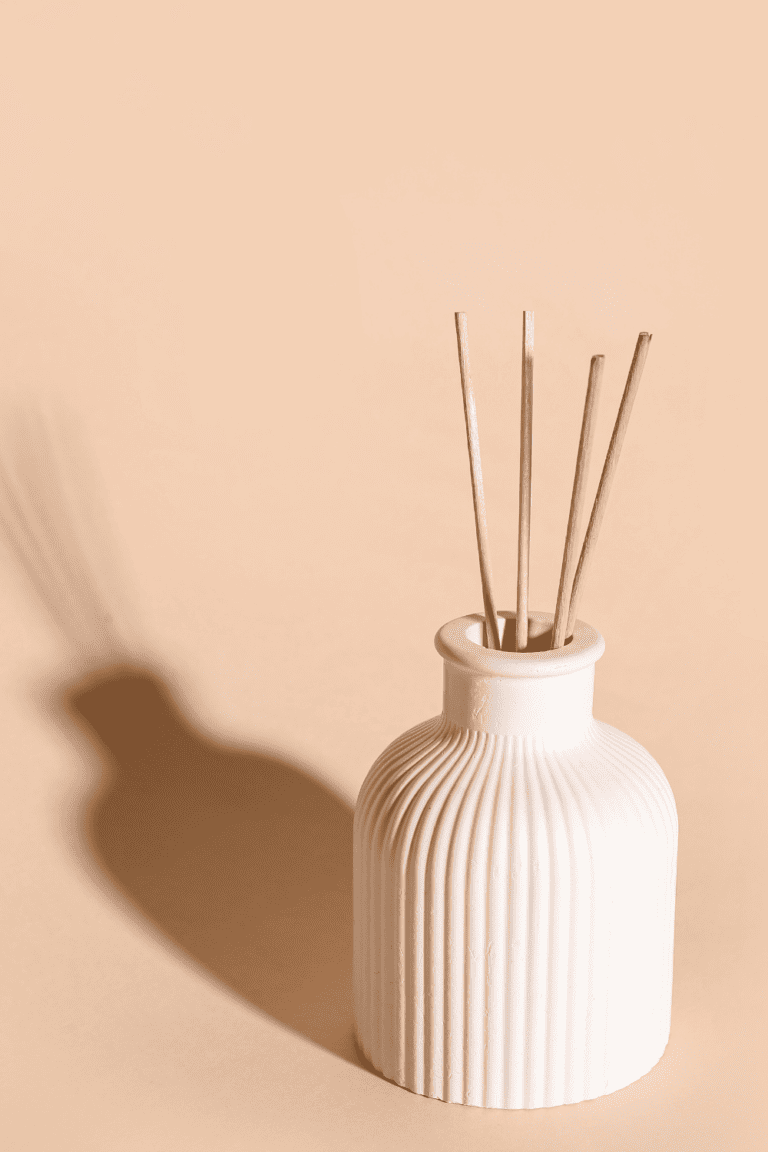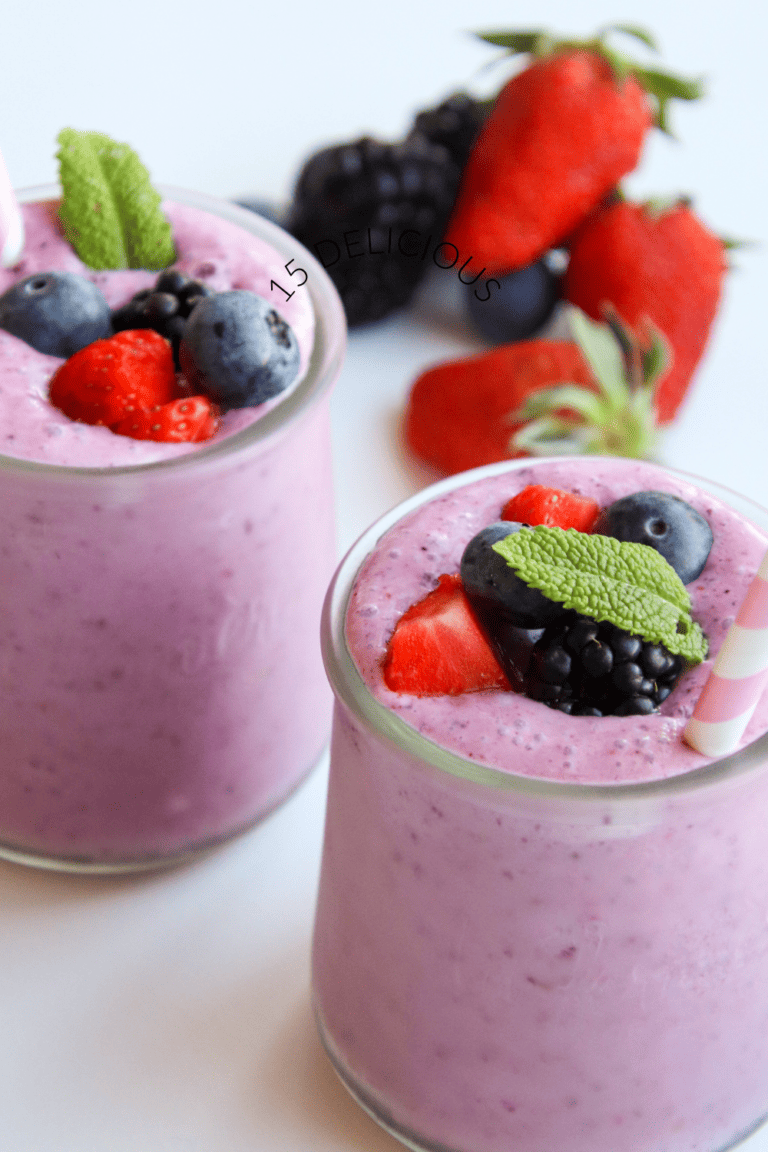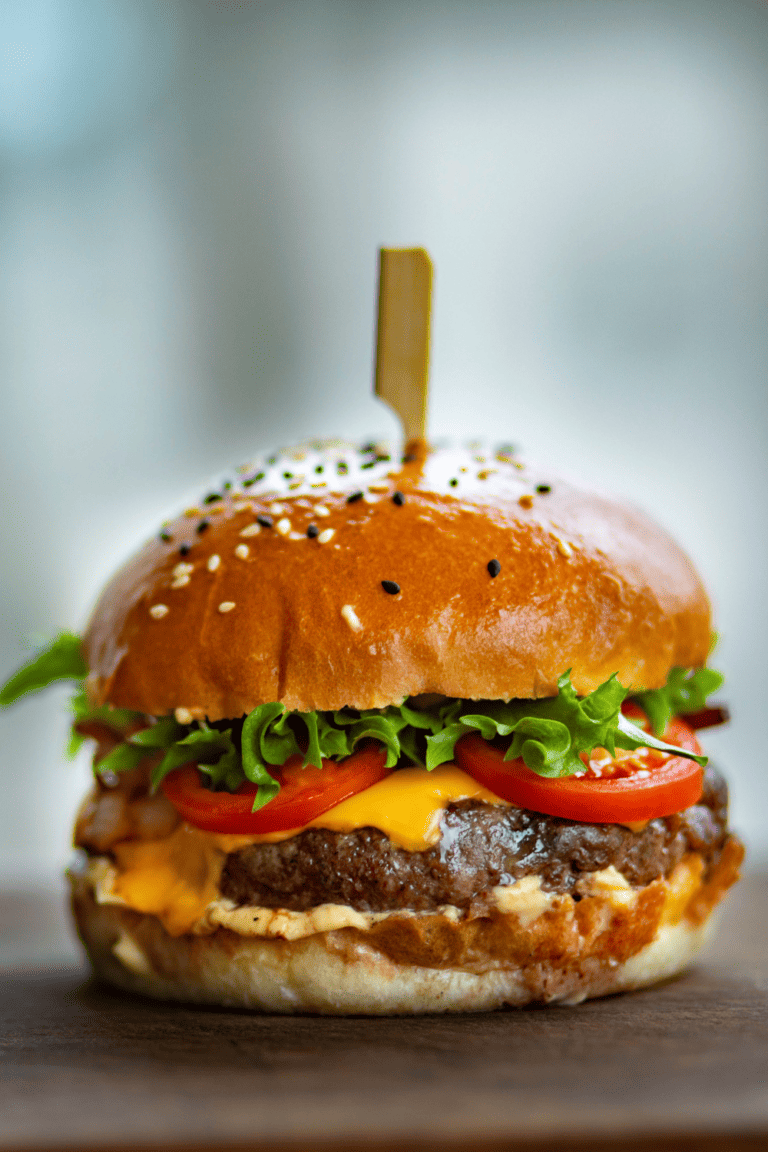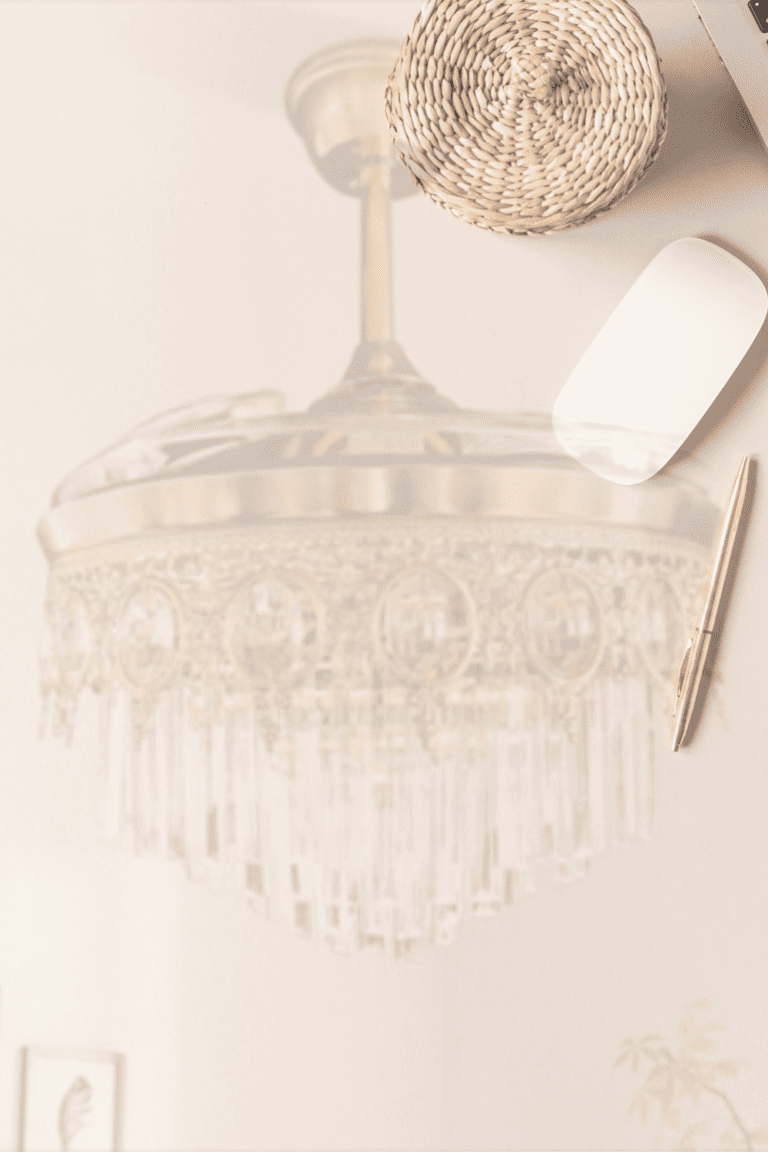The Best Eco Friendly Fabric Softener Options
This post is about eco friendly fabric softener.

In a world increasingly embracing eco-conscious living, every aspect of our daily routines comes under scrutiny for its environmental impact, including laundry care. Enter the era of eco-friendly fabric softeners, where sustainability meets the fluffiness we love. Join us on a journey through the green revolution as we explore the benefits, considerations, and top picks for eco-friendly fabric softeners that leave both your clothes and the planet feeling soft and cared for.
Why Go Eco-Friendly with Fabric Softeners:
Embracing sustainability in your laundry routine isn’t just a trend; it’s a commitment to reducing your ecological footprint. Eco-friendly fabric softeners offer a range of benefits that go beyond the soft touch on your favorite garments:
Kind to the Environment:
Traditional fabric softeners often contain harsh chemicals that can be harmful to aquatic life and ecosystems. Eco-friendly alternatives prioritize plant-based, biodegradable ingredients, minimizing their impact on the environment.
Gentle on Your Skin:
Conventional fabric softeners may contain synthetic fragrances and allergens that can irritate sensitive skin. Eco-friendly options are often hypoallergenic and crafted with natural scents, ensuring a gentle touch on your skin and clothes.
Reduced Chemical Load:
Mainstream fabric softeners can harbor a cocktail of chemicals, including phthalates and synthetic musks. Opting for eco-friendly alternatives reduces your exposure to potentially harmful substances, creating a healthier home environment.
Sustainable Packaging:
Eco-friendly fabric softeners extend their commitment to sustainability beyond the formula. Many come in recyclable or biodegradable packaging, minimizing waste and contributing to a circular economy.
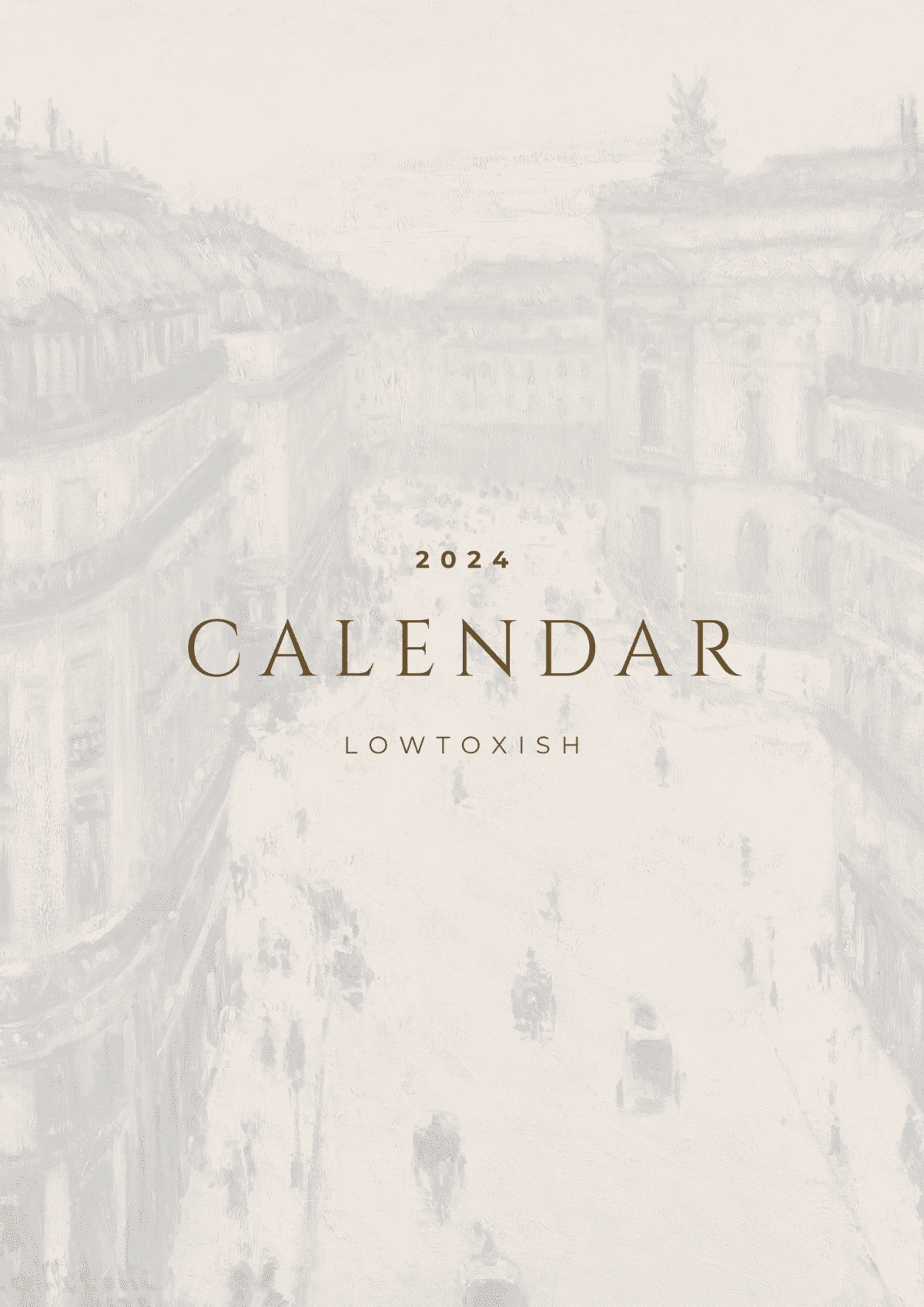

Grab your Free
Printable 2024 Art Calendar

Embrace inspiration every day with our FREE 12 month 2023 printable art calendar, featuring stunning masterpieces from renowned artists.
Simply fill out the form bellow and the printable files will be sent immediately to your inbox.
Key Ingredients to Look For:
Understanding the components of your fabric softener can guide you toward a more informed and sustainable choice:
- Plant-Based Surfactants: Look for fabric softeners featuring plant-derived surfactants that effectively soften clothes without compromising on environmental friendliness.
- Natural Fragrances: Seek options scented with natural fragrances derived from essential oils or plant extracts, avoiding synthetic fragrances associated with potential health concerns.
- Biodegradable Formulas: Prioritize fabric softeners with biodegradable formulations that break down naturally, preventing long-lasting environmental impact.
- Hypoallergenic Properties: Especially important for those with sensitive skin, choose fabric softeners labeled as hypoallergenic to minimize the risk of skin irritation.
Top Eco-Friendly Fabric Softeners:
Discover the leading contenders in the realm of eco-friendly fabric softeners that deliver on both sustainability and performance:
Molly’s Suds Wool Dryer Balls | XL, Premium Organic Fabric Softener

Attitude Little Ones Fabric Softener, Fragrance Free

Dropps Fabric Softener Pods

Tru Earth Fabric Softener Strips for Washing Machine

How to Make Your Eco-Friendly Fabric Softener:
For the DIY enthusiasts, crafting your fabric softener at home is a rewarding and sustainable option:
Ingredients:
- 2 cups distilled white vinegar
- 1 cup baking soda
- 20 drops of your favorite essential oil (lavender, eucalyptus, or tea tree)
Instructions:
- Combine the vinegar and baking soda in a large bowl (be prepared for some fizzing).
- Stir until the fizzing subsides.
- Add the essential oil and mix well.
- Transfer the mixture into a recycled bottle or jar.
Conclusion:
The issue with most fabric softeners is that they usually contain ingredients toxic to humans and toxic to aquatic life and the Earth. By far, the most eco-friendly option that also works is using wool dryer balls. Vinegar and baking soda is also a great choice. If you want an option that you can grab at Amazon then check out the pre-made options above as well.
This post is about eco friendly fabric softener.
More posts like this…
10 Warning Signs of Mold Toxicity: Our Mold Illness Story
Brewing Wellness: The Ultimate Adaptogen Tea Guide
How to Make Your Bathroom Smell Like a Spa
106 Eco Friendly Party Bag Fillers You’ll Love
Favorite Health Posts
Favorite Posts
Top Sustainability Posts
Last update on 2024-07-23 / Affiliate links / Images from Amazon Product Advertising API
This product presentation was made with AAWP plugin.


